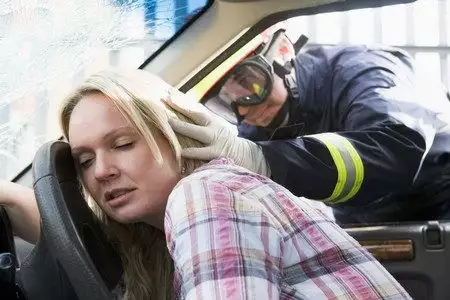Post Traumatic Stress is the body's response to experiencing a tragedy. Symptoms can persist for months. Appropriate management will reduce recovery time.
Ad:
How to help?
Threat 1
- There is a temptation to run away from difficult emotions ('pretend they are not there'), to run away from the subject.
What to do?
- Don't run away into alcohol and drugs. Temporary anaesthesia does not heal but only hinders recovery.
- Don't say "get over it".
- Support through the suffering.
- Listen. Tell the story.
- Allow yourself and your loved ones to cry, vulnerability and memories. Crying is a natural way of experiencing difficult emotions and facilitates recovery.1
- Give a sense of safety and support.
- Talk to others about tragic memories.
- Don't hold back crying. Crying is a natural way of experiencing difficult emotions. It facilitates a return to balance.
Threat 2
- A tendency to isolate oneself from other people is characteristic.
What to do
- Ask your loved ones to be there for you during this difficult time.
- Contact support groups in your area (Crisis Intervention Centres and Mental Health Clinics can provide you with information).
Threat 3
- Possible loss of meaning in life, doubt about higher values.
What to do?
- Talk about it, share your doubts with trusted people (relatives, clergy.
- Remember that there are institutions and people who specialise in helping you (psychologists, psychotherapists, psychiatrists).
Get help:
- Crisis Intervention Centre
- Mental health outpatient clinic
- psychotherapist
- seek out a support group
Information about support can be obtained from:
- Crisis Intervention Centres
-
Branches of the National Health Fund










